Guides
Why Trade Forex
There are plenty of benefits to forex trading, and if you already know what forex is and how it works, then you probably have a pretty good idea of why the forex market is so attractive to novice and pro traders alike. Explore the top 10 benefits of forex trading, and find out for yourself why so many people are choosing to trade forex over any other financial market.
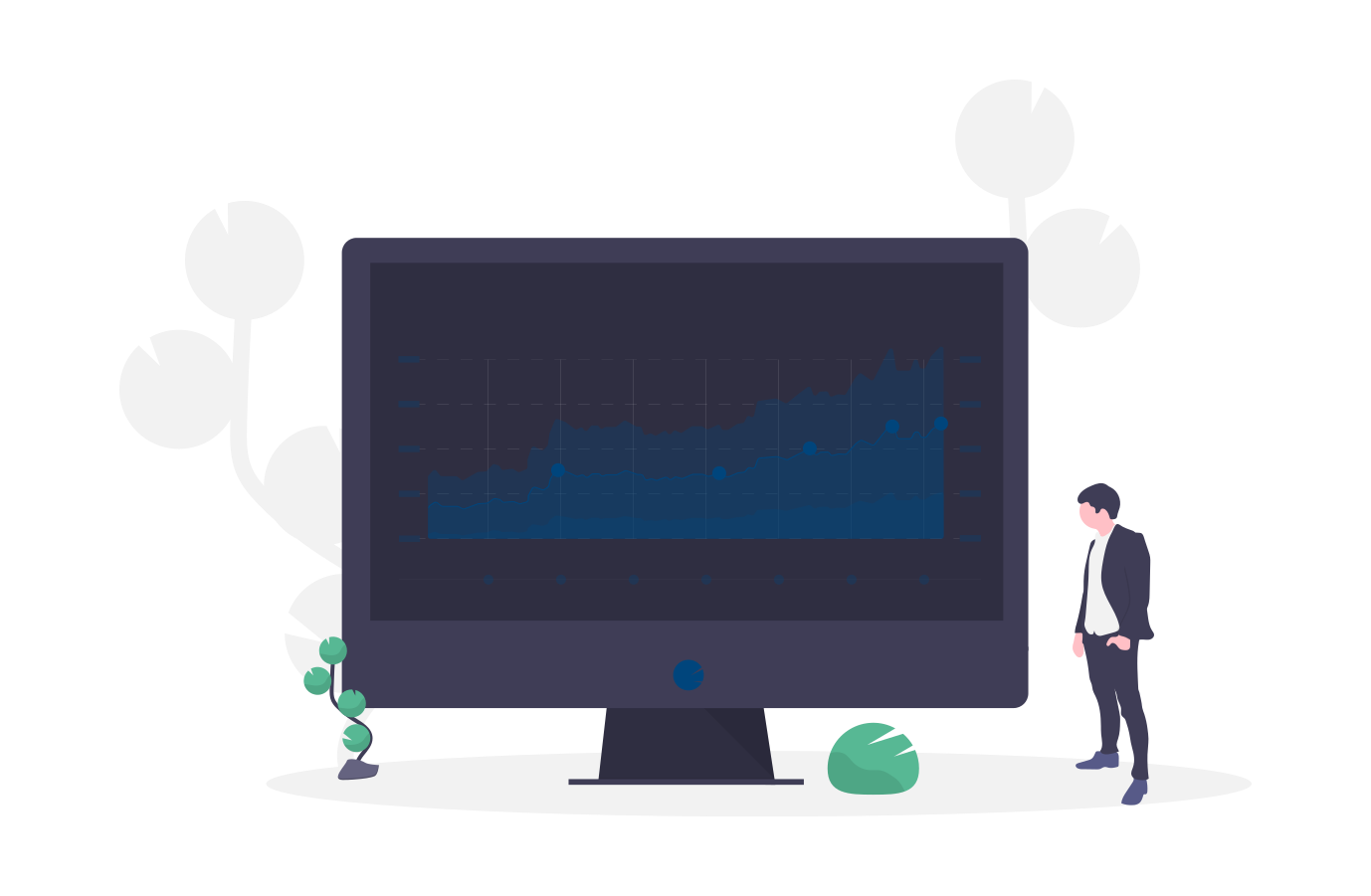
Largest Financial Market
The foreign exchange (forex) market is the largest financial market in the world, and it’s not going to cede that title anytime soon. It’s not hard to see why the forex market is used as a snapshot of global trade and economic activity. On average, between $4 and 5 trillion (yes, that’s trillion with a T) is traded daily. That’s about $200 billion an hour, $3 billion a minute, $50 million a second. And with traders of all sorts participating from all over the world, it truly is the single most accessible and global trading market.
It's for Everyone
Forex trading isn’t just for the big shots. Getting started as a forex trader doesn’t cost a lot of money, especially when compared to trading stocks or options, and it’s part of its appeal to a large number of people globally. Even without much start-up capital, forex trading is accessible to the average individual. FXPesa offers trading accounts with only $5 minimum deposit for our Executive account, $100 minimum deposit for our Premiere account, and leverage up to 1:400 is available*. This doesn’t mean that you’ll be a good trader right away, it does take time and trial to learn and become skillful, so it’s advisable to take it slow and warm your way in. Keep reading our Education section to build your trading knowledge. *Trading in Forex involves risk. Losses can exceed deposits. Please make sure you fully understand the risks before trading.
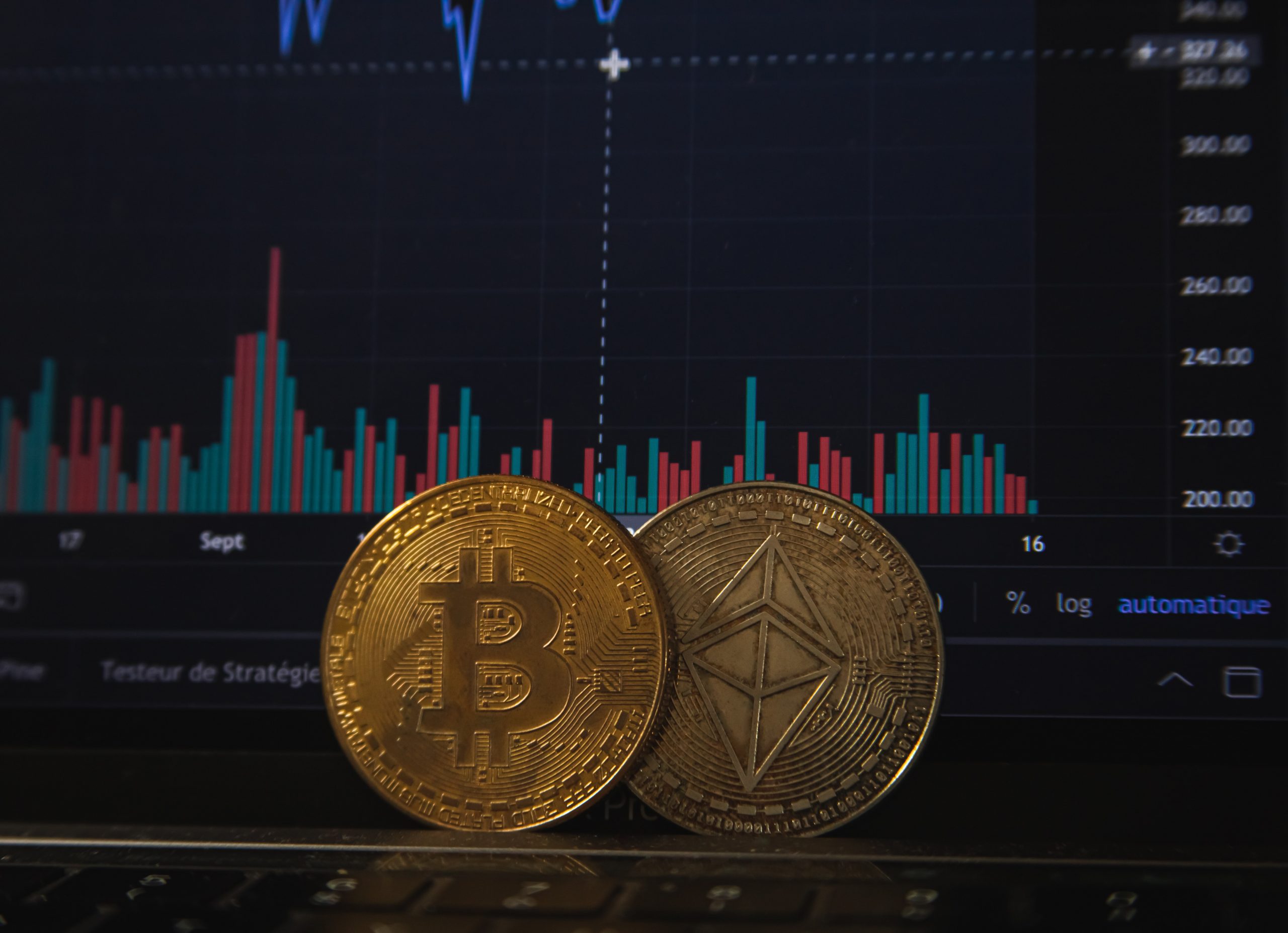
Nobody Owns the Market
Given the sheer size of the forex market and the amount of participants, no single institutional trader (no matter how big) can control market prices for an extended time period. The market quickly calibrates itself and levels the playing field. Additionally, the forex market is decentralized and there are no middlemen. You trade directly with another participant in the market and a retail forex broker simply facilitates this connection. Essentially the market is influenced directly by the economy itself, not one person or a company. You can’t corner it and you can’t control it, and that means that you’re not as small a fish as you may think.
Trade the Highs & the Lows
No matter if the market is rising or falling, you can trade, and some forex trading strategies even depend on the latter. You can find opportunity in any market condition and you can trade when you believe the price of a currency pair is going up or when you anticipate it going down. Some traders even thrive on high volatility periods. Although carrying more risk, these sudden price changes can be advantageous if timed right. Whether you’re following longer market trends or trading day to day movements, there is plenty of trading opportunity to be found.
A 24-Hour Market
The forex market never sleeps. Open 24 hours a day, 5 days a week, you can trade whenever you want to, not when the market dictates. There is no waiting for the opening bell or scrambling to get your order executed before a daily close. Trading begins with the opening of the Sydney session and closes with the New York session, by which time it starts all over again, round the clock. This means you can be as active or passive as you’d like, and trade on your own schedule – be it morning, noon, or night.
No Commissions on Most Accounts
The history of the forex market goes back to the currency swap that was originally available only to high net worth individuals, banks, and large commercial entities. With increased openness and the surge of retail brokers, it is now possible for everyone to participate in the forex market. The huge popularity and increased volume have given traders of all levels and spending power the opportunity to buy and sell currency at any time in order to gain a profit.
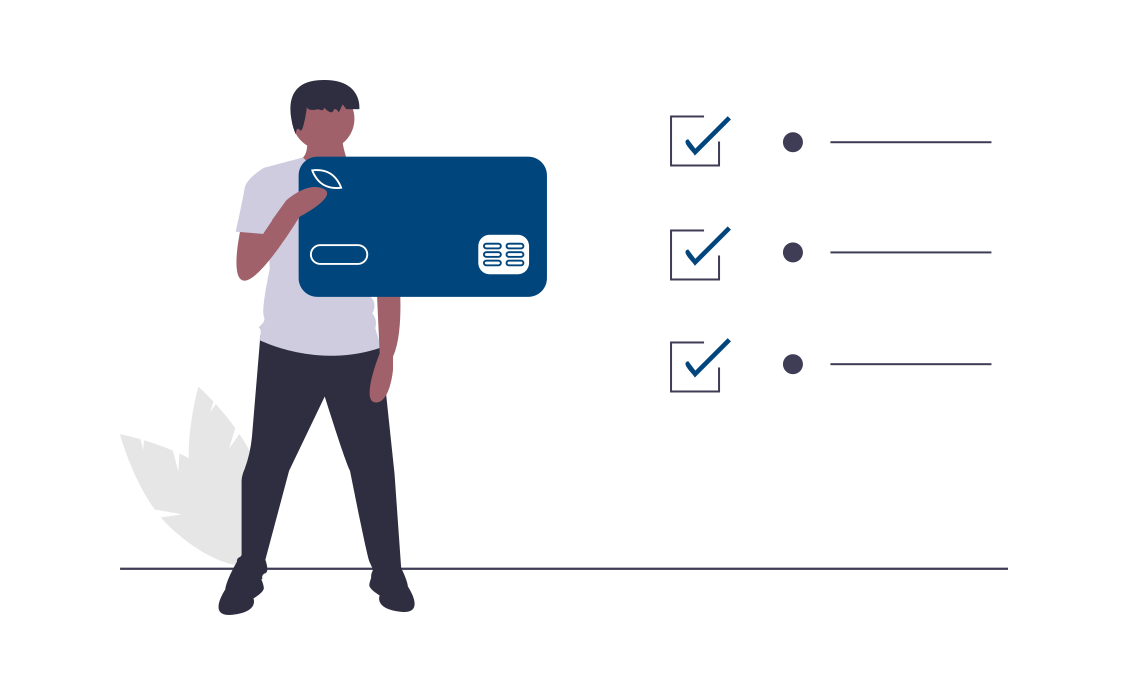
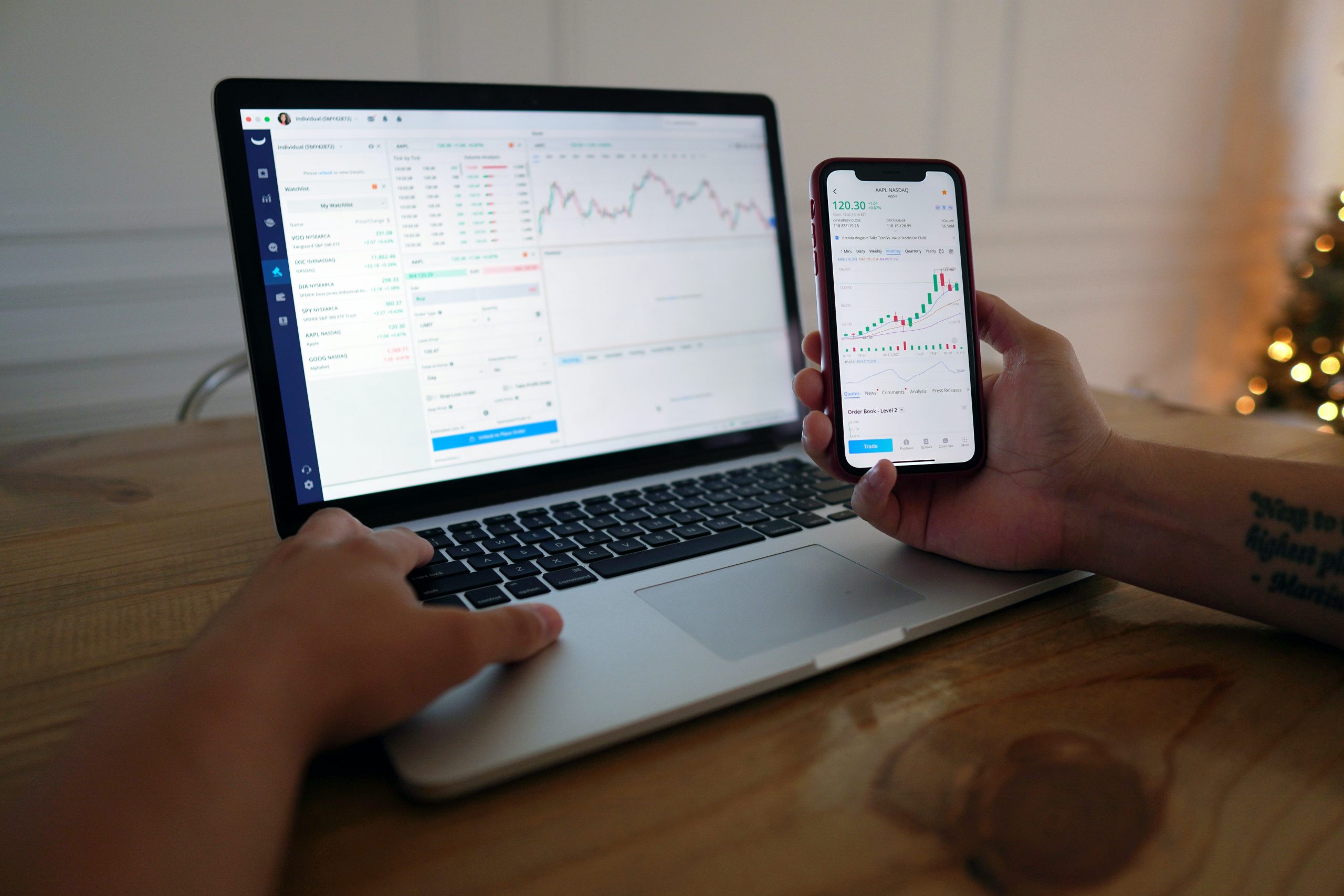
Low Transaction Costs
As mentioned above, the difference between the bid and ask price is the broker’s spread and this is the retail transaction cost. Highly capitalized brokers can offer very competitive spreads, thus minimizing your trading costs and maximizing your profits. FXPesa offers an average spread of 1.5 pips** for its Executive account type and 0.4 pips** for a Premiere account. It’s important to understand how spreads are measured. For example, if GBP/USD has a bid price of 1.55310 and an ask price of 1.55313, the spread is 0.3 pips. * *Please note that spreads can change due to market conditions.
Leverage
A small deposit can go a long way. With leverage you can essentially “borrow money” from your broker to trade with in excess of your actual deposited funds. This is a powerful tool and one of the most attractive features of forex trading. FXPesa offers up to 1:400 leverage, which gives you increased buying power and can mean larger gains, but it also carries the risk of larger losses. Please be sure to fully understand the risks of trading with leverage before you use it.
Risk-free Demo Account
You can make use of a free forex demo account to practice forex trading and learn the ropes. Trading with a demo account is just like the real thing, but you’re doing it with “play money.” A demo account is great for those who want to test the waters or improve their trading skills in real market conditions without risking any actual capital. And this is all for free and without any commitment. So give it a try and see the benefits of trading forex for yourself!
You trade currencies in pairs
All currencies are traded in pairs and each currency has an official abbreviation. For example GBP stands for British pound, USD for US dollar and EUR for the euro. The ‘base currency’ is the first currency in the pair and the ‘quote currency’ is the second currency. These are commonly referred to as the bid and ask price.

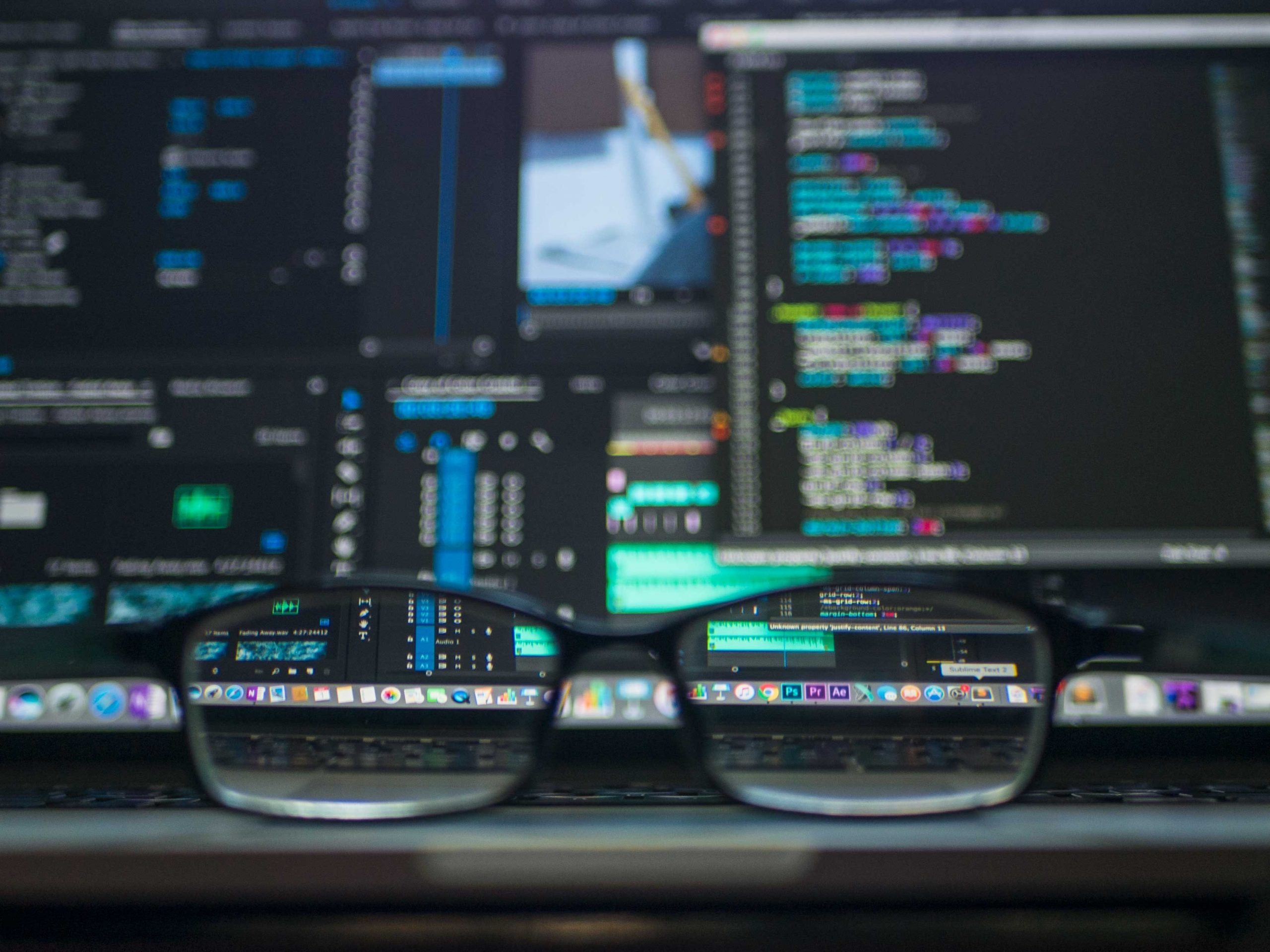
Price differences create trading opportunities
You can trade currencies because the values of currencies change. The exchange rate tells you how much of one currency you need to pay to buy one unit of another. In forex trading, exchange rates are displayed as the bid and ask price for a currency pair. The difference between the bid and the ask price is known as the spread and it’s how your broker generates much of its revenue. Spreads can vary from broker to broker, so look out for tight spreads when choosing a broker to trade with.
You can trade in bullish and bearish markets
When you trade forex, you’re buying one currency and selling another at the same time, which means you can speculate on rising and falling markets. This is one of the major advantages of forex trading.You are likely to hear forex traders talk about bullish and bearish markets. When a market is rising or believed to be about to rise we call it ‘bullish’; when it’s falling or believed to be about to fall, it’s called ‘bearish’.
How you can place your first trade
First of all, consider whether the currency you wish to trade is likely to rise or fall. This forms the basis of your trading strategy.
In a buy position, you believe that the value of the base currency, in our example the Euro, will rise against the quote currency, the US dollar.
Let’s assume the price of the EURUSD is 1.30722 on the bid price and 1.30742 on the ask price. Therefore, the spread is two pips. When you buy, your trade is entered at the ask price of 1.30742.
Later you decide to close your trade and the bid price of the EURUSD pair is 1.30762 and the ask price is 1.30742. Your trade has gained 2 pips. If each pip were worth one US dollar, you would have made a 2USD profit.
Now let’s bring the same example and see what happens with a sell position. You believe that the value of the base currency will fall against the quote currency. Using the same example, this means you believe the price of the Euro will weaken against the US dollar.
The current value of the EURUSD pair is 1.30742 on the bid price and 1.30762 on the ask price. As you’re selling, your trade is entered at the bid price of 1.30742.
Later in the day, you look at the position and the EURUSD is now at 1.30702 on the bid price and 1.30722 on the ask price. You decide to close your position at the current price of 1.30722. Your trade has gained 2 pips. If each pip were worth one US dollar, you would have made a 2USD profit.
You can practice making such trades with a risk-free demo account. Open one right now and see how the above scenario works for yourself.
1. Study Trading and How to Use Trading Platforms.
Learning to trade begins with education. Reading the news and financial websites, watching investing courses and attending seminars are all excellent ways to have important research knowledge and awareness before diving into any trading risk. Kushqi Capital provides you with the necessary educational materials and knowledge base to be a more informed trader.
Why take time to research? Keep in mind that trading is a mental game. Your emotions are your worst enemy here. There exists such phenomenon as “confirmation bias,” defined as having ‘the tendency to search for, interpret, prefer, and recall information in a way that confirms one’s beliefs or hypotheses whilst giving disproportionately less attention to information that contradicts it.
In the trading world, this means you see a pattern and quickly make decisions ignoring the relevant information. Meanwhile, you should be doing the direct opposite. Trading is %90 mental and %10 skill. Learn to manage risk and trade unemotionally through studying and practicing your trading skills.
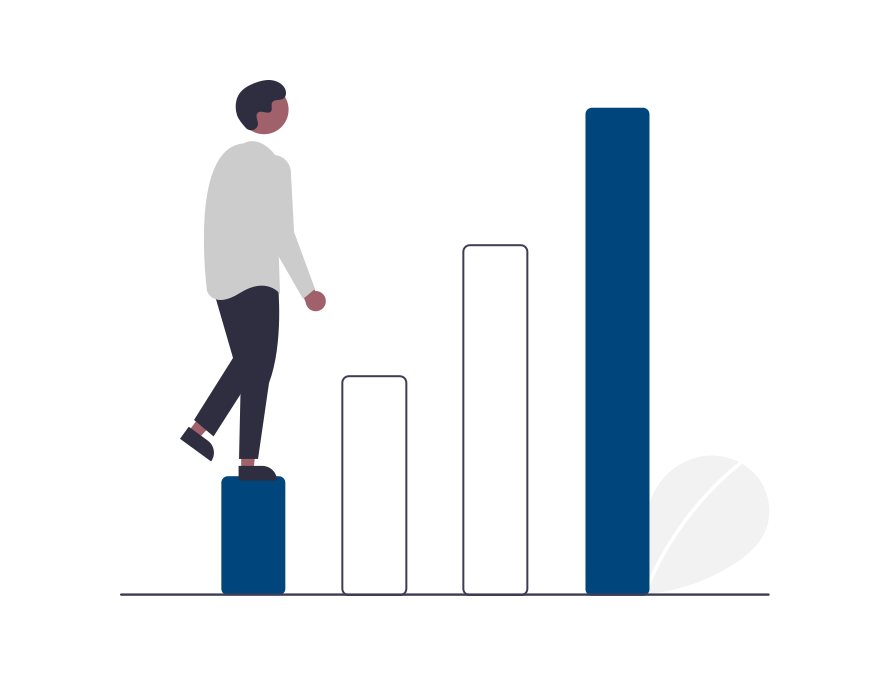
2.Choose a reliable trading platform
When opting for this or that trading platform, keep an eye on their performance and technology. Apart from free educational materials and guidance tips, online platforms must first of all deliver market execution and reliable trading tools. Now that a fraction of a second is decisive, you cannot ignore the importance of speed and round-the-clock customer support FXPesa uses the MetaTrader 4 platform, which allows for diversified offerings and provides clients with state-of-the-art trading tools, among many other advantages. Take a look at the platform benefits for yourself.
3. Open a demo trading account
You can read and gather information. However, it is not a substitute for experience. If you want to be a serious trader, trading forex should be treated like a job. Like any job, it requires constant training, ongoing development and skills practice. A zero-risk way to practice your skills is to open a demo account. FXPesa offers free demo accounts and educational materials, so make full use of them.
4. Diversify your trading investments.
The role of diversification is to reduce and/or manage risk rather than to boost performance. By setting a level of risk that you can manage, based on your goals, short or long-term outlook and tolerance for market volatility, a diversified portfolio has the best chance of achieving your aims. It needs to match your own personal goals, objectives and attitude to risk. Reducing risks and smart trading is what you need to always keep in mind. Always trade with only that which you are prepared to lose. Never trade with money that you need for your life expenses, rather set aside an amount that is “play money,” and resist the temptation to invest more than you can bear to lose, even if you’re “winning.”
5.Develop trading strategies
Irrationality is the enemy of trading. Before opening and trading on a live account, specify your short-term and long-term goals and consider ways to achieve them by setting clear limits. Include in your plan the following recommendations:
- Invest only money that you can afford to lose. Make intelligent decisions about what you caneasily afford to invest, and begin slowly.
- Set aside the time to research. Check statistics and daily news so you keep abreast of thedevelopments around the world which could ultimately affect the world of investment markets.
- Do not give in to fear. Trading is a long-term investment and requires patience and persever-ance.
- Watch and learn. Find experienced traders who have a style similar to yours and learn abouttheir strategies and techniques.
- Act smart. Your long-term future is more important than your short-term desire to get richovernight. If all of this sounds exciting to you and you’d like to try it out for yourself, open a risk-free demo account, and as we’ve learned – practice, practice, and practice! Any broker that’s worth trading with is interested in your success, so continue reading our education materials to learn the fundamentals of successful trading.

